
Bridging Tomorrow’s Workforce: Universities Address the Skills Gap in Anticipation of the Future of Work
- Last Updated - 04/14/2024 - 11:54 AM
- Universities
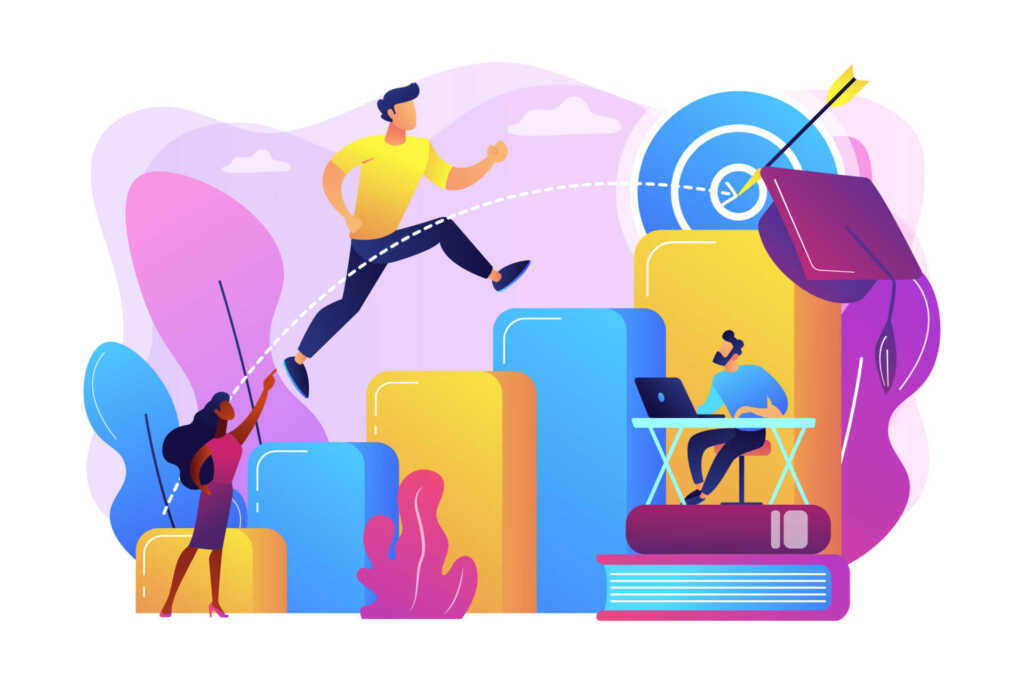
Technological advancements and economic shifts transform sectors and reshape job roles and the new work environment is characterized by rapid changes and uncertainty. To help students succeed in the current environment Universities are constantly adapting their curriculums to tackle the growing skills gap and provide students with the skills needed to be successful in today’s workforce. Take a look at how universities are responding to the ever-changing requirements of the future of work, and are reinventing education to encourage flexibility, innovation, and lifelong learning.
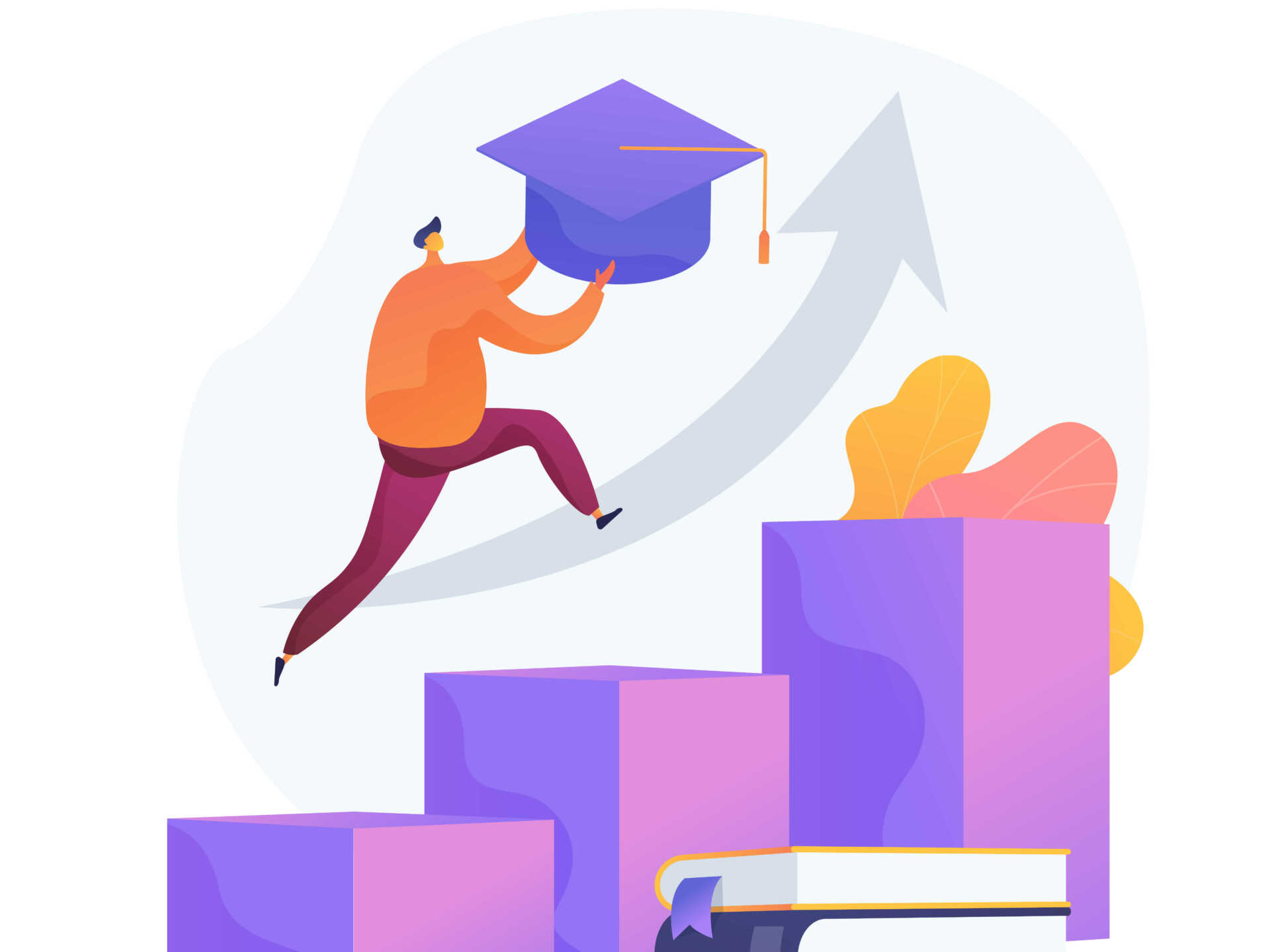
1. Embracing Technological Integration
Integrating the latest technological advances into the classroom is crucial to prepare students for the new world of work. Universities are integrating classes on artificial intelligence machine learning, data science cybersecurity, as well as other fields that are cutting-edge to provide students with digital literacy and the technical abilities that are in high demand across all industries. Experience-based learning, hands-on opportunities, and collaboration with industry partners allow students to apply their knowledge in real-world settings which encourages innovation and a sense of imagination.
2. Enhancing Emotional and Soft Skills Intelligence
While technical knowledge is important today’s work environment requires strong interpersonal and emotional intelligence capabilities. Universities are putting more focus on fostering soft skills like communication and collaboration as well as problem-solving, critical thinking, ability to adapt, and resilience. Projects that are team-based, leadership development programs, and learning experiences offer students the chance to develop these skills and develop into effective communicators, compassionate leaders, and quick problem-solvers.
3. Promoting Lifelong Learning and Continuously Upskilling
In an ever-changing career market, the ability to change and acquire new skills throughout one’s career is crucial. Universities are encouraging the idea of lifelong learning and constant upskilling by offering modular and flexible education pathways that allow students to personalize their learning experience and gain new competencies as they require. Micro-credentials, badges, and certificate programs offer bite-sized learning opportunities that enable people to upgrade or reskill in specific areas, without committing to a degree.
4. Encouragement of the entrepreneurial spirit and innovation
The future of employment is marked by innovation, entrepreneurship, along with”gig economy. Universities are fostering the entrepreneurial spirit of their students through classes, workshops, and incubator programs to teach entrepreneurial skills, such as ideas, business planning, market research as well as financial planning. Startup accelerators, entrepreneurial centers, and partnerships with industry offer students the tools for mentorship, networking, and opportunities to start their ventures and spur the development of their businesses.
5. Promoting Equity, Diversity and Inclusion
Universities are beginning to recognize the importance of equity, diversity, and inclusion to prepare students for the challenges of the future. Through fostering inclusive and diverse learning environments, universities allow students of diverse backgrounds to bring their unique perspectives, knowledge, and skills to solve complicated problems. A pedagogy that is centered on equity, culturally sensitive methods of teaching, and an inclusive curriculum design will ensure that students feel respected as well as supported and able to excel in their professional and academic endeavors.
Conclusion
The future of work evolves and changes, and universities play an essential role in helping students prepare for success in a changing employment market. By embracing technology integration as well as fostering soft skills such as emotional and social intelligence encouraging the continuous learning process and continuous improvement in entrepreneurship and innovation and embracing diversity as well as equity and integration, universities are providing graduates with the expertise as well as the skills and mindset required to succeed in the 21st-century workplace. Through the development of innovative curriculums experiential learning opportunities and a commitment to continuous studying, colleges are equipping the future generation of leaders, entrepreneurs, and innovators to build a better future for society and themselves.
You might like these..
Randomly chosen articles that you might like.

Cultivating Change: The Vital Role of Universities in Promoting Sustainability and Environmental Consciousness
Universities play an integral role in shaping the beliefs behavior, values, and behaviors of the next generation. In an age of

Best Data Science Course Online in India 2024
Introduction: Data is now the currency of innovation and progress in the age of digitization. A record of every transaction, click,

The Pinnacle of Education: Why USA Universities Stand Out Globally!
In the vast landscape of higher education, USA universities emerge as beacons of excellence, attracting students from every corner of

Choosing the Best University in USA: A Guide to Select the Top USA Universities.
Choosing the best University in USA is a crucial choice that will have a big impact on your educational journey

How to Apply to Any University in USA, Super easy, very simple, and effective.
You can successfully navigate the application process to University in USA with a little planning and attention. Here is a guide

Anyone from India can apply to USA Universities. Yah! It’s easy.
Yes, individuals from India can certainly apply to USA Universities. The application process for U.S. universities can be competitive and

USA Universities are great in terms of Sports as well as education. Yes, You heard it right!
The perception that USA Universities are great in terms of education and sports is shaped by several factors. Here are

Best Universities in USA, You can apply. Yes, it’s correct.
Determining the Best Universities in USA can depend on various factors such as academic programs, faculty expertise, resources, location, and

USA Universities are not good, Is this correct? discuss.
USA Universities are home to many prestigious universities and research institutions that are globally recognized for their academic excellence and
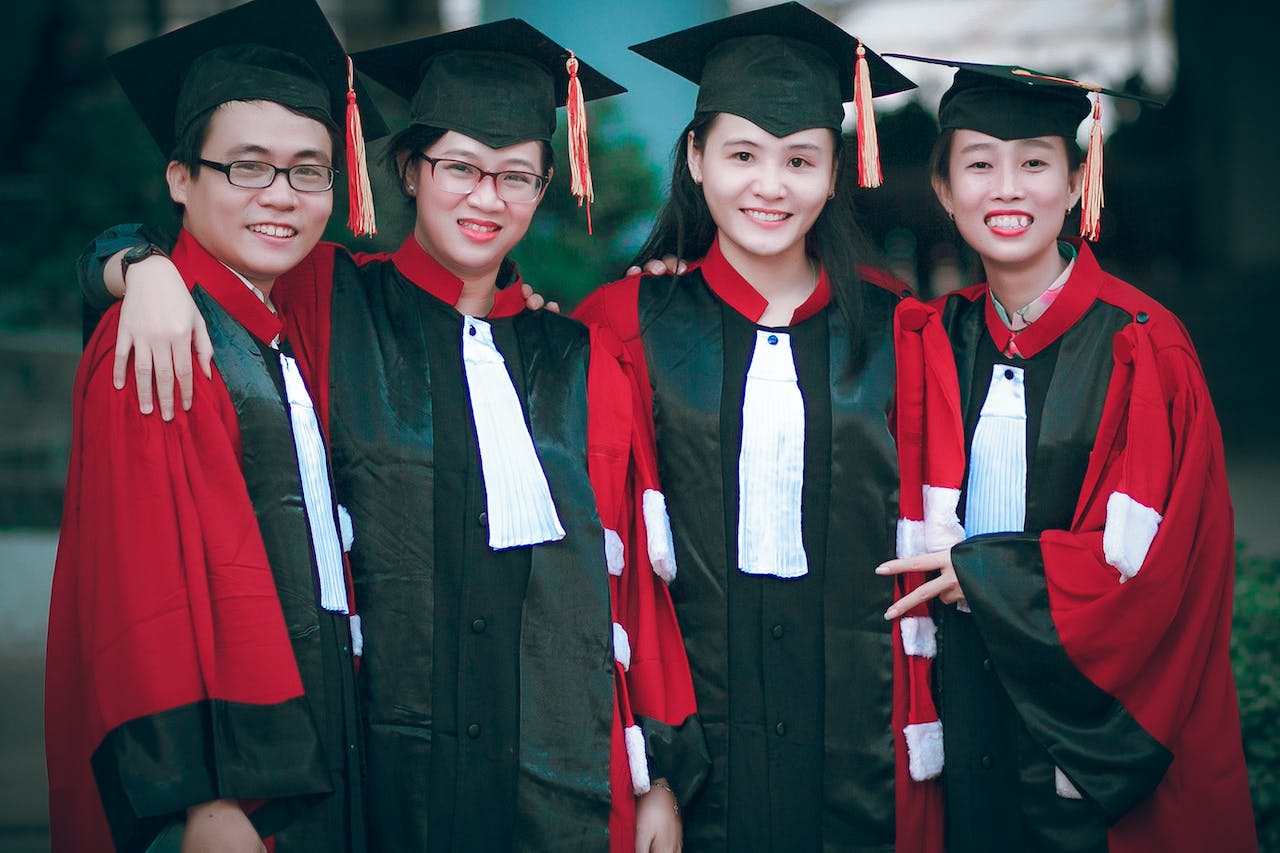
How to apply at Top Universities 2023, follow these steps.
Applying to Top Universities 2023 in USA typically involves several steps. Here’s a general guide to help you through the

You should not do this If you get a chance to USA university. Try them now!
Starting university in a new country, especially the United States, can be an exciting but challenging experience. Here are some
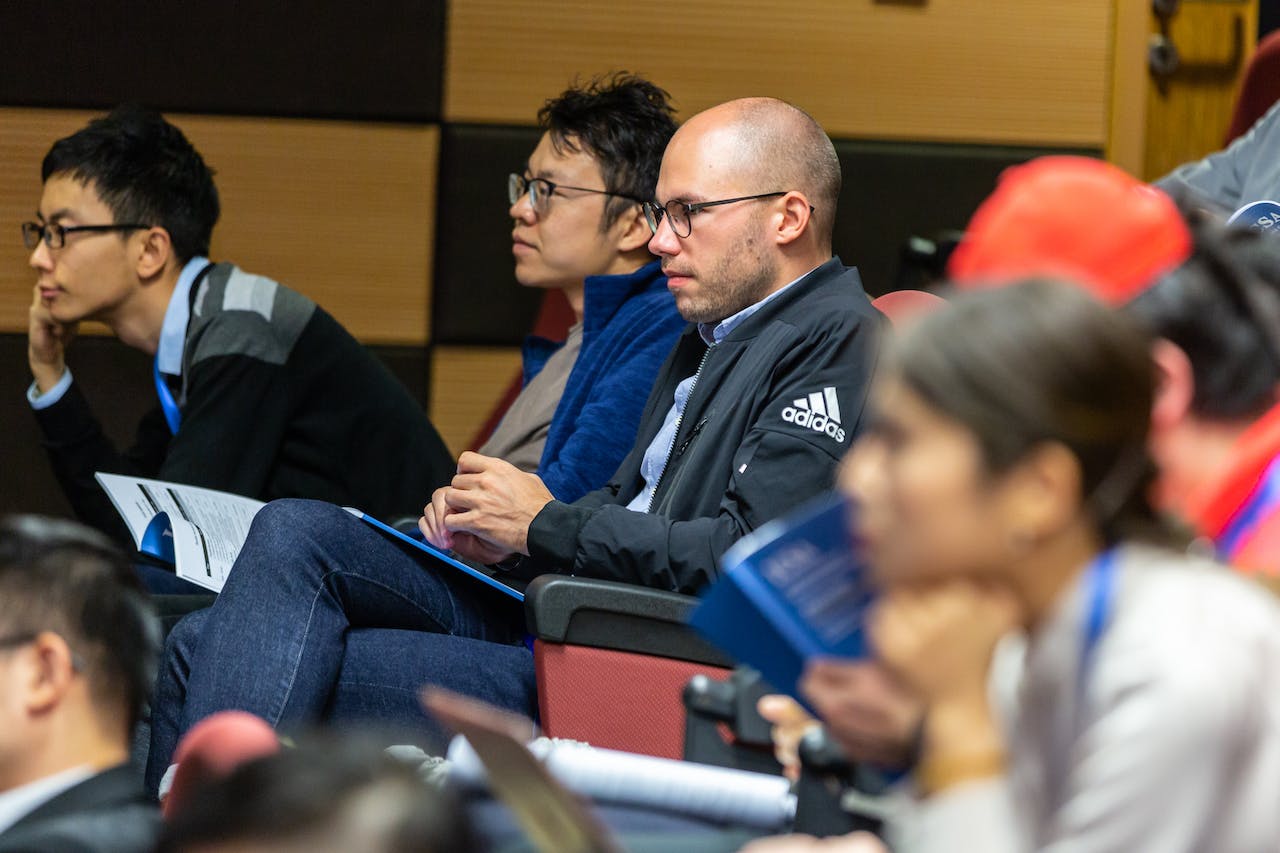
Most Common Mistakes while searching for a new University in the USA, Stay Safe.
While searching for University in the USA, students may make common mistakes that can impact their decision-making process and overall

Why does everyone blindly trust Universities in USA?
While it may not be accurate to say that everyone blindly trusts Universities in USA, there are several reasons why

USA Universities are not good! Says the expert, is that correct?
Certainly! Here’s a more detailed exploration, broken down into Reality of USA Universities, to provide a comprehensive understanding of the

Why and how USA universities become so Popular? Something wrong here.
The popularity of USA Universities can be explained in simple terms through a variety of factors. Let’s break it down:
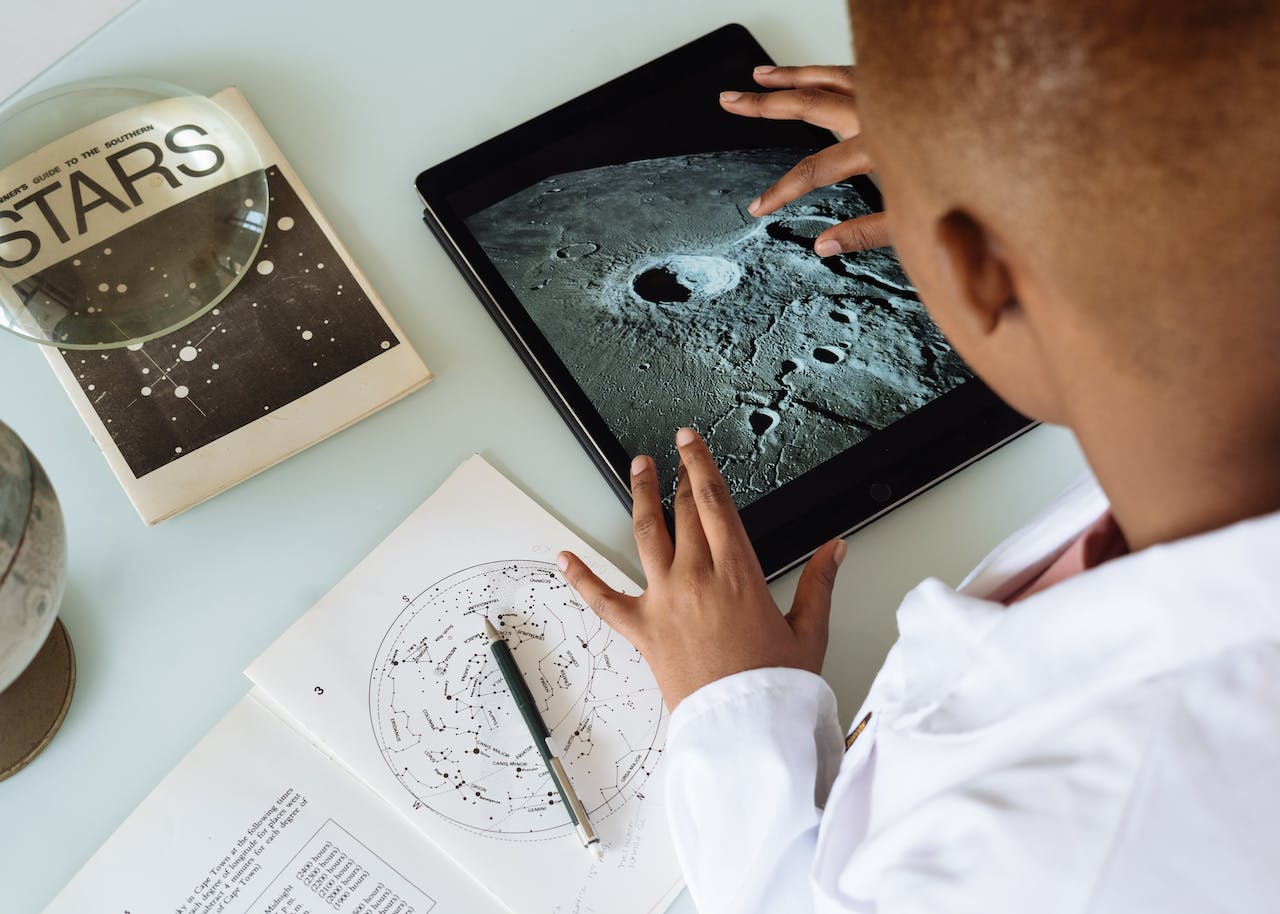
New Academic Updated! USA Universities are not evolving?
USA Universities are constantly innovating and developing new academic programs to meet the evolving needs of students and the demands




